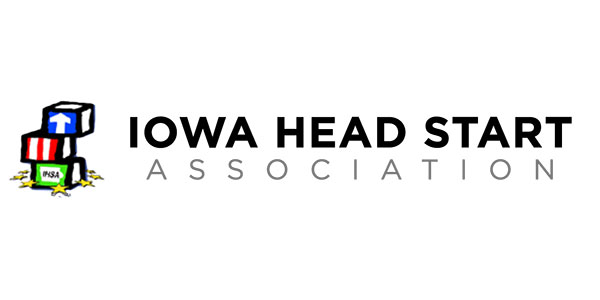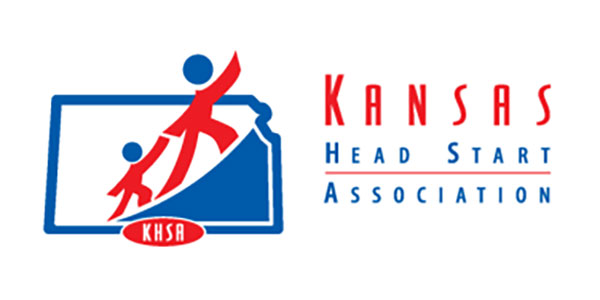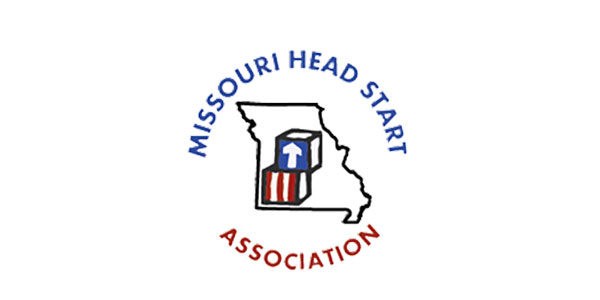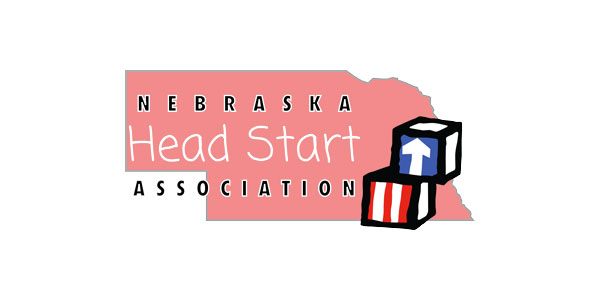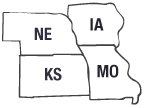Publications and Resources
The R7HSA Head Start Sand Box Magazine
R7HSA Annual Report
R7HSA Strategic Plan
Recommended Reading
The following books have been the basis for some Regional training events and influenced our work with the National Centers with the Early Childhood Training and Technical Assistance System. The Regional Head Start Association will keep updating this information as any new books or resources are identified. Each resource has a short description of the context for how it was used.
This book was first identified for us by the National Center on Program Management and Fiscal Operations at the Regional Conference in 2013. It referenced use of data in determining program impacts and making a difference in communities. This resource introduced the concept of differentiating between effort verses effect of implementation of services. We have seen this applied in practice with resources produced by the National Center on Parent, Family and Community Engagement.
 Trying Hard Is Not Good Enough (10th Anniversary Edition): How to Produce Measurable Improvements for Customers and Communities September 3, 2015 by Mark Friedman (Author)
Trying Hard Is Not Good Enough (10th Anniversary Edition): How to Produce Measurable Improvements for Customers and Communities September 3, 2015 by Mark Friedman (Author)
In Trying Hard Is Not Good Enough, Mark Friedman presents Results-Based Accountability™: a framework for getting from talk to action quickly and making a difference, not just trying hard and hoping for the best. This is the 10th Anniversary Edition of Mark Friedman’s acclaimed book about Results-Based Accountability (RBA). This is a “how to” book for government and nonprofit agencies working at the city, county, state, and national levels to improve community quality of life and the performance of program services. (For those who already have the 2009 edition of Trying Hard Is Not Good Enough, please note that there is no change in the basic message and structure of RBA, and the 2009 and 2015 editions can be used concurrently.)
This book was the basis of a Regional Conference in March 2016 on Strengthening Systems. We know Head Start has had a focus on systems which support services for many years. However, what does an agency do when a system breaks down resulting in a crisis? The book provided a basis for identifying organizational habits which may either strengthen or weaken systems. In addition to this book, we also viewed a TED talk titled: How do we heal medicine by Atul Gawande.
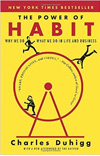 The Power of Habit: Why We Do What We Do in Life and Business Paperback January 7, 2014 by Charles Duhigg (Author)
The Power of Habit: Why We Do What We Do in Life and Business Paperback January 7, 2014 by Charles Duhigg (Author)
In The Power of Habit, Pulitzer Prize–winning business reporter Charles Duhigg takes us to the thrilling edge of scientific discoveries that explain why habits exist and how they can be changed. At its core, The Power of Habit contains an exhilarating argument: The key to exercising regularly, losing weight, being more productive, and achieving success is understanding how habits work. As Duhigg shows, by harnessing this new science, we can transform our businesses, our communities, and our lives.
This book is often referenced by many presenters at National Conferences and by National Center staff. This study was conducted in the Kansas City area in the 1980s with the book published in 1995. However, the findings are particularly relevant and compelling to support the importance of the work done by Head Start and Early Head Start programs.
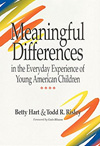 Meaningful Differences in the Everyday Experience of Young American Children by Betty Hart and Todd Risley
Meaningful Differences in the Everyday Experience of Young American Children by Betty Hart and Todd Risley
Meaningful Differences in the Everyday Experience of Young American Children is the story of the landmark research study that uncovered the widely cited “word gap” between children from low-income homes and their more economically advantaged peers. This groundbreaking research has spurred hundreds of studies and programs, including the White House’s Bridging the Word Gap campaign and Too Small to Fail, a joint initiative of the Bill, Hillary, and Chelsea Clinton foundation.




